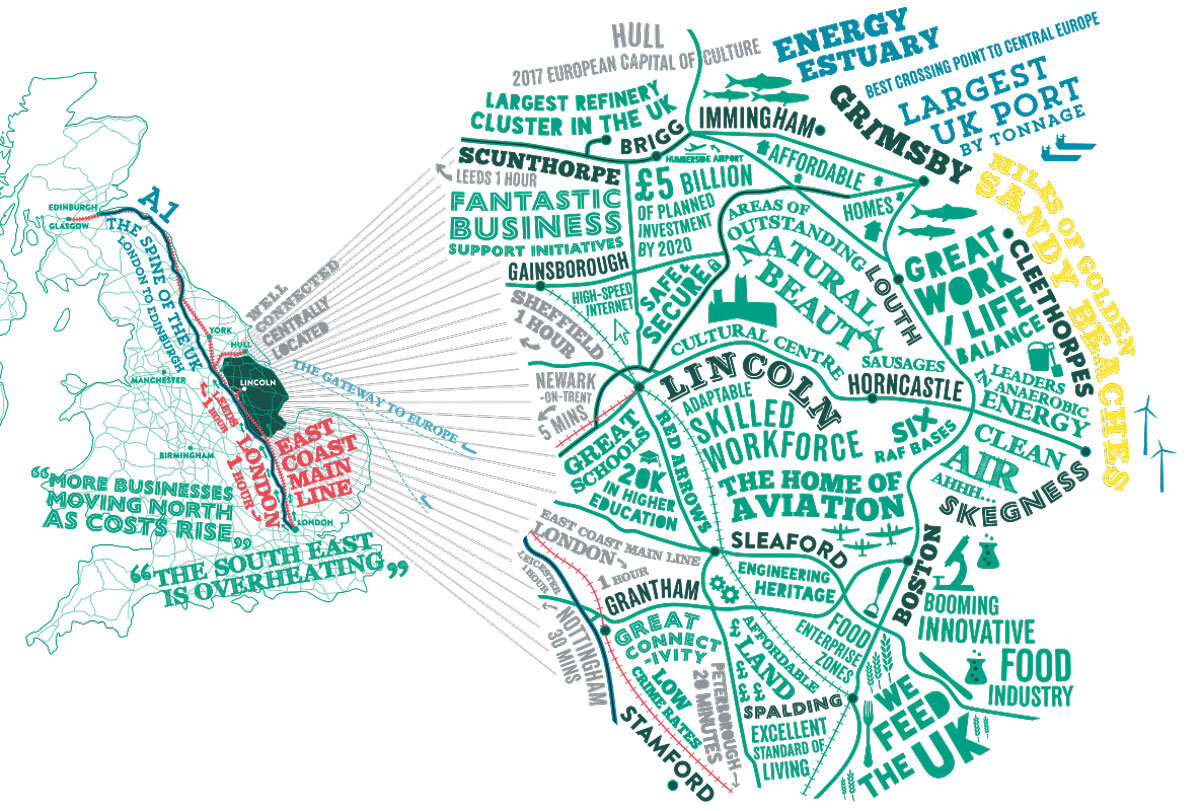I’ve known the much maligned Cllr Martin Hill for nearly twenty years, and worked both against and latterly with him in my sixteen years as a county councillor, which ended in 2017. I know he’s a Conservative and I am not and, so he’s supposed to be my enemy according to those who favour the adversarial side of politics.
As the majority in Lincolnshire, who bother to vote regularly, clearly are Conservative supporters and probably always will be, I’m nothing if not a realist. He clearly has a brain and is capable of using it and, believe me, he has run a tight ship in difficult times. He definitely does NOT deserve some of the insults from certain quarters, that have come his way over recent years.
However, surely he and his fellow Conservative leaders in the two unitary councils south of the Humber should have realised the fury, albeit couched in diplomatic language, they would be unleashing from the leaders of Lincolnshire’s district councils by their approach to the Minister of State for Local Government.
They must have known that their proposals, apparently without consulting the districts, to create two unitary councils between the Humber and the Wash, which would mean the abolition of the latter, would surely have produced the reaction it did, even though all but one council is currently Tory controlled. So much for party unity — but, as they say, “turkeys don’t vote for Christmas”.
As someone who has served at all levels of local government (parish, district and county), I know that all councils do their best in their own way to provide cost effective services to their electors. What I have felt for many years, however, is that there are just too many councils and too many councillors.
Let’s not forget that, when people moan about “the council,” which one do they mean? Yes, people are often confused as to which council is responsible for which service. Indeed, given how much power has been removed from local councils and sucked into central government or the private sector over many years, it’s not surprising that they play so small a role in people’s lives today, hence the often pathetic turnout in county and district council elections, and the inability of most parish councils to find sufficient numbers of candidates to trigger an election in the first place,
Since the 1972 Act of Parliament set up the present system of local government in England and Wales quite a few English areas have switched from a three tier (parish/town, district, county) to a two tier (parish/town, unitary) system and made considerable savings.
The move to reconsider the set up in England started with the Banham Report in the early 1990s, which saw the emergence of North and North East Lincolnshire Councils (Cllr Hill’s new ‘partners’) from the abolition of the little loved Humberside and continued into the 2000s with areas like Hereford & Worcester, Dorset, Wiltshire and Northumberland Unitary Councils, to name just a few.
Besides the savings in senior officers, much of the confusion and, in some cases, duplication, was swept away. Two examples immediately come to mind in our present set up. When you put your bin(s) out each week, it’s your district council that empties them, but it’s your county council that disposes of the waste.
When a developer puts in plans to build some houses, it’s usually the district council that grants that permission; but it has to consult the County Council Highways Department to see if there are any objections or recommendations, which it is entitled then to ignore (and, believe me, it sometimes did when I served on my local district council). Perhaps if such decision making had been under one roof, so to speak, we might not have the dog’s breakfast of infrastructure that has been allowed to evolve in places like greater Lincoln or Boston, to give just two examples.
Back in the days of Banham, the response from Lincolnshire was very revealing. All seven districts and the county council applied individually to become unitary councils, and hereby lies the problem. When it comes to having a single council being responsible for most services, size really does matter. Districts might be closer to the ‘people’, but, in my opinion, they lack the financial clout to make things happen.
A county council, with a much larger budget, might have the financial clout, but, in the case of Lincolnshire, is too large geographically and remote to react effectively to local circumstances. So ideally, a unitary council should serve a population of around 250,000 people. Lincolnshire’s population alone is now around 732,000 and is spread out over a large area, served by inadequate roads. I used to feel sorry for some of my former county councillor colleagues, who had a round trip of well over 100 miles to attend meetings.
It’s interesting to note that Sir John Banham actually suggested to the leaders of City of Lincoln Council and North Kesteven District Council after their submissions went in, that they put in a joint bid for a combined unitary council. At the time Lincoln was firmly in the hands of the Labour Party, while NKDC was true blue. Need I say more? In any case, it might well have been rejected as many of Sir John’s recommendations were. By the time of the next review nearly twenty years ago, all parties in the county put forward ‘The Lincolnshire Way’, in other words, leave well alone.
Part of any package towards the streamlining and simplification of local government (space here doesn’t permit discussion of the much needed reform of local government finance) has got to include the role of the parish/town councils. The problem here is that these bodies vary so much.
From my experience there are three types of parish council, the proactive, the reactive and the inactive. Offering enhanced powers to get things done to this level of local government might encourage more people to stand for them and avoid the co-option that appears to be the norm in many areas. Whether even the ‘proactive’ councils would have the courage to take up any offer is under the present arrangements debatable.
The City of Lincoln offers a different challenge. Historically, as a ‘borough’, the city used to have far more powers than it has today. There are good reasons why it should continue to have more than, say, the typical town. However, with an urban population of under 100,000 and because of its geography, being unable to expand except on what is a flood plain in Swanpool, it hardly fits the bill as an ideal unitary authority, despite its obvious economic importance to the county as a whole.
Any attempt to increase its size would involve swallowing up some of the areas around, which last happened back in the 1920s when it ‘acquired’ Swallowbeck from North Hykeham (an attempt to take over its small neighbour completely was thwarted by local opposition in the 1960s). As Lincoln sees no need to have parishes within its boundary, perhaps a specially enhanced status could allow it to carry on much as before as a district council in all but name.
So, whether we have two unitaries from the Humber to the Wash or three, whether the division is north to south or east to west is for discussion. Don’t get me wrong. District Councils don’t do a bad job under the circumstances, and you would probably be surprised at the number of councillors, who wear two hats, namely, who sit on both district and county councils (an opportunity for a conflict of interest, AND a nice little earner, the cynic might say?).
Let’s just bring it on — but only if the government is prepared to provide a bit more meat on the bone by devolving more power and fiscal responsibility from the centre. Then, after this, we might look at regional government in England on a par with that in the other three nations of our currently Disunited Kingdom.
Now the government is offering local authorities the powers to control lockdowns as COVID-19 continues to plague our lives. You might argue that this is yet another example of central government asking local government to do its dirty work for it, as it did largely with austerity cuts from 2010. On the other hand the latter’s response could be viewed as a way for local government to show it has the capability and resilience to do a bigger job, and thus enhance its case for more devolved powers.
John was a councillor for thirty years, finally retiring in 2017. A schoolteacher by profession, he served on the North Hykeham Town Council (1987-2011), the North Kesteven District Council (1987-1999, 2001-2007) and the Lincolnshire County Council (2001-2017). He was also a County Council member of the former Lincolnshire Police Authority for eight years until standing down in 2009. In 1997 he was the Lib Dem Parliamentary candidate for Sleaford and North Hykeham. He is currently not a member of any political party.







